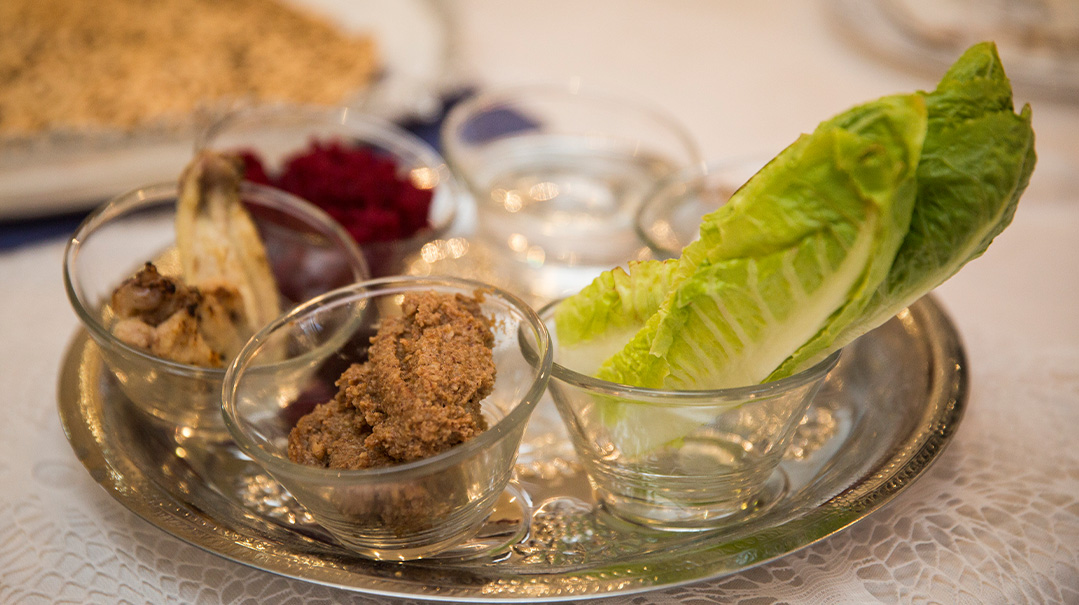Misfit


During the frigid days of early December, when the weather would be way below zero, we’d all go to the outdoor market. It would be so packed with trees that it looked like a forest — and that’s why we were there. The search was on.
We had saved up our rubles, and now we needed to find a tree that was both lush and cheap, so we could use it for Xmas, or what we called in Russia Novy God — the New Year.
After bringing home the tree, we’d set it up. It never looked as beautiful as we’d imagined it would in the market, but we were happy nonetheless. We took out our Xmas decorations: colorful balls, homemade ornaments, and the star for the top. We never even realized how odd it was that a Jewish family was decorating an Xmas tree.
As December 31st approached, wrapped presents began to appear under the tree. (I still don’t understand why we celebrated on the 31st and not the 25th. Maybe Russians were a little slow on the uptake. Or maybe it was because no religion was allowed in our Communist country, so Novy God it was. The New Year with a Xmas tree!)
On the 31st, the celebrations would begin. I’d sit by the kitchen table, slowly cutting the meat and the potatoes for the oliviye, the Russian potato salad, into tiny cubes, hoping to impress my mother. After our guests had arrived, my father would loudly announce to everyone that he had to go to the store to buy milk.
Soon enough, there’d be a knock on the door. My mother would scream, “Look who’s here! It’s Ded Maroz!” (We weren’t allowed to call Santa Claus by his name, as it was too religious for us Russians. So we ended up all calling him Ded Maroz, or Grandpa Freezing.) Like his American compatriot, Ded Maroz had a long white beard, long red robe, and wore a red hat with a white pom-pom at the end — but most important was the bag in his hand. We all knew what was in there: more presents!
We’d then escort Ded Maroz to our living room and sit him down next our scrappy tree. One by one, we children would come up and recite a poem we’d memorized for the occasion, always full of complicated Russian words that I never understood. The poem was never religious but about a permitted topic, like the wintry weather or the sad cloud. At the end of my memorized piece, I’d receive a present. After his bag was emptied, Ded Maroz would leave. Minutes later my father would come running into the apartment (without the milk).
“What? What happened? Who came? Ded Maroz? Oh, nooo! I missed him again this year!” My father’s face was red and hot. The heavy breathing tricked all of us, year after year.
My last year in Russia, I was seven years old. I got up to say my prepared poem and looked over at Ded Maroz. And did a double take because I could have sworn he looked like my father. I kept on staring at him, while the audience waited for me to recite my poem, but nothing came out. I saw my father’s face, my father’s brown eyes, my father’s black beard peeking out from under the white one. That’s when it dawned on me that my father was Ded Maroz. I stuttered through my poem with tears in my eyes and looked at my audience in disbelief. They had all lied. Papa was Ded Maroz! (Excerpted from Family First, Issue 623)
Oops! We could not locate your form.













